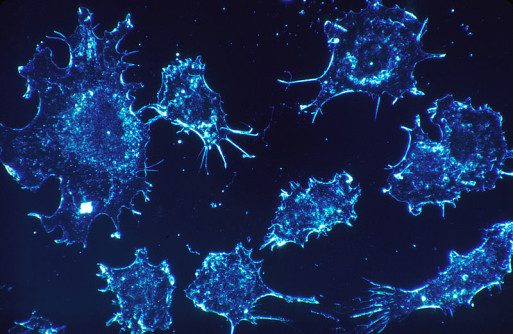
Credit: pixabay.com
Researchers at Edinburgh University have found two genetic mutations that could take as much as four years off the estimated lifespan of those who have them. After studying the genes of 150,000 people, the researchers found that those who had mutations on the APOE gene or the CHRNA gene died about 12 months sooner, on average, than those who didn’t have mutations on either of these genes.
It’s important to note that an estimated two-thirds of the population have mutations on at least one of these two genes. However, a smaller percentage of people — about 3 in every 1,000 — carry mutations on both genes. According to the study, those individuals live an estimated four years less than those who have no mutations on these genes.
While researchers still aren’t sure of the exact impact that these genes have on health, they hypothesize that mutations on these genes increase the likelihood of developing cancer, Alzheimer’s disease and respiratory conditions, which lead to earlier deaths. Women with mutations on the genes were more likely to be impacted by Alzheimer’s, while men are more likely to develop lung disease.
Although this discovery could help doctors pinpoint the cause of disease and the genetic link these diseases have in families, researchers caution that lifestyle is still the most important factor in leading a healthy, long life. These findings simply point to groups of people who could benefit from additional preventative measures. For example, researchers say that the CHRNA gene mutation is far more likely to impact an individual if he also smokes. Those who have this mutation should take extra care not to smoke and to do as much as they can to prevent lung disease.

Lung cancer cells
(Credit:dovemed.com)
In other words, if you have a mutation on one or both of these genes, it by no means guarantees that you will die prematurely. It simply underlines the need to take care of your body and your health.
The researchers are still studying the link between genetics and disease, with one researcher calling this study the “tip of the iceberg.” Meanwhile, scientists at Princeton point out that age and mobility are far better indicators of early death than genetic factors. People who are older and who have lost the ability to walk up a set of stairs or stand up from their chairs are far more likely to die within a shorter frame of time than those who are younger and have a great deal of mobility.

 Could This “Death Gene” Take Four Years Off Your Lifespan?
Could This “Death Gene” Take Four Years Off Your Lifespan?


 “Help Me, Helen”
“Help Me, Helen”
 Recovering Cremation Remains After the Los Angeles Fires
Recovering Cremation Remains After the Los Angeles Fires
 “As Tears Go By” by Marianne Faithfull
“As Tears Go By” by Marianne Faithfull














